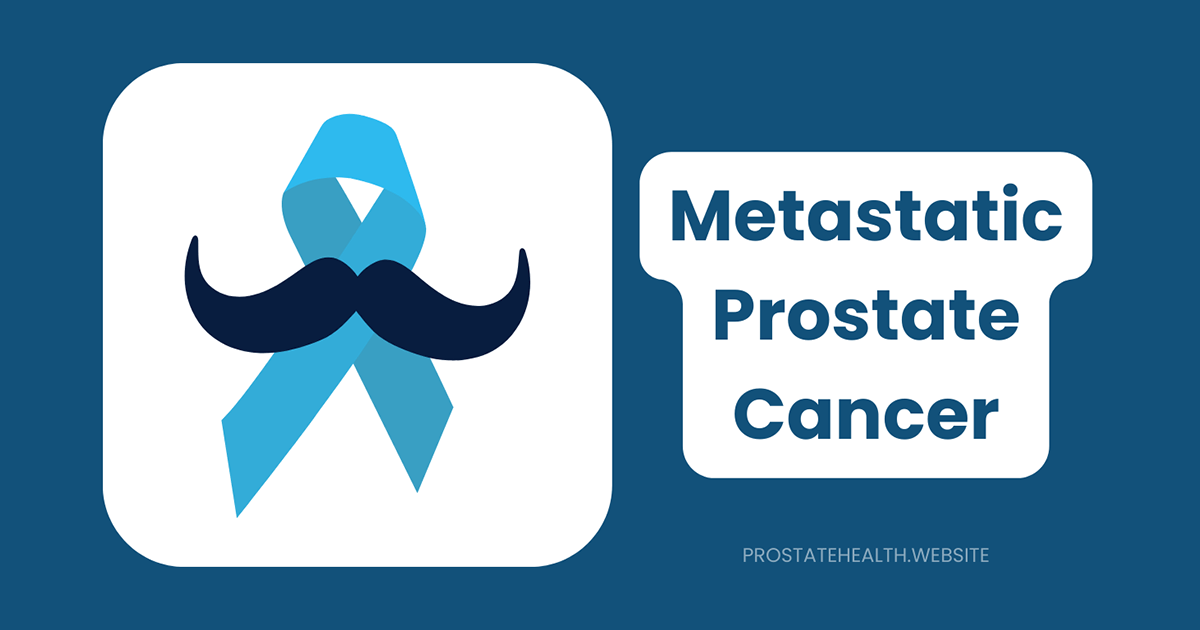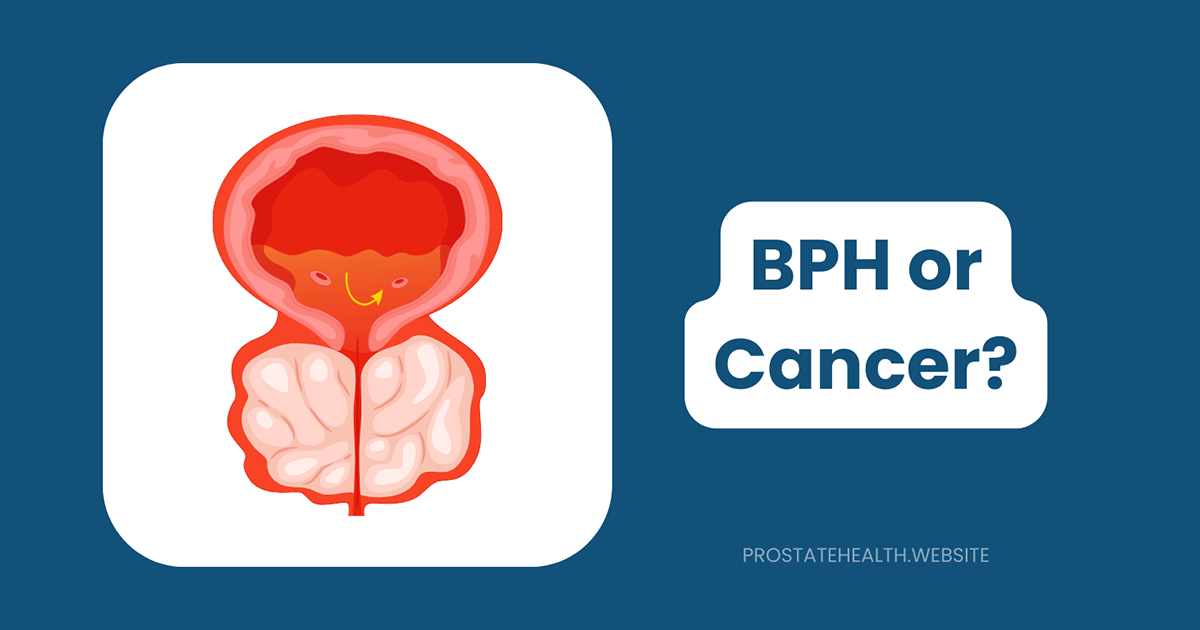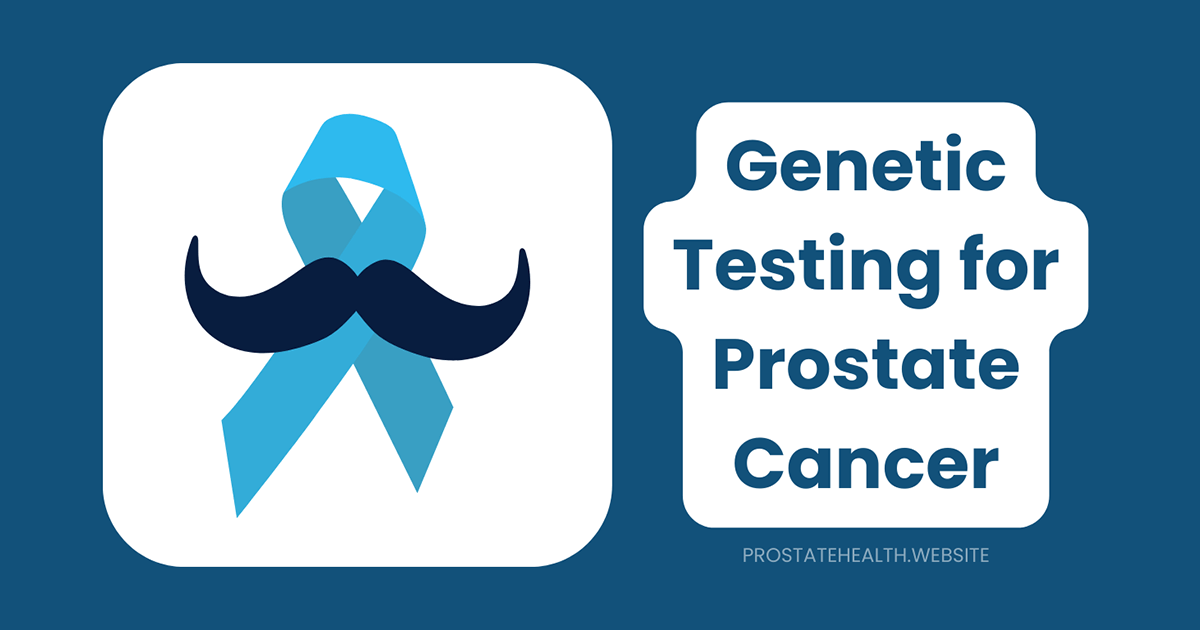Metastatic Prostate Cancer: Managing Symptoms and Extending Life

A diagnosis of metastatic prostate cancer—cancer that has spread beyond the prostate to other parts of the body—can be overwhelming. While this advanced stage of prostate cancer is generally not curable, significant advances in treatment have transformed it into a condition that many men can live with for years, often with a good quality of life.
As someone who has worked with countless men navigating this challenging diagnosis, I’ve seen firsthand how proper symptom management and the right treatment approach can make a tremendous difference in both longevity and daily comfort. Today, I’m sharing evidence-based strategies for managing metastatic prostate cancer, with a focus on both extending life and maintaining quality of life.
Understanding Metastatic Prostate Cancer
Before diving into management strategies, it’s important to understand what metastatic prostate cancer is and how it affects the body.
What Is Metastatic Prostate Cancer?
Metastatic prostate cancer, also called stage 4 prostate cancer, occurs when cancer cells from the prostate spread to other parts of the body. This happens when cancer cells break away from the original tumor, travel through the bloodstream or lymphatic system, and form new tumors elsewhere.
Common Sites of Metastasis
Prostate cancer most commonly spreads to:
- Bones: Particularly the spine, pelvis, ribs, and skull
- Lymph nodes: Often those in the pelvis and abdomen
- Liver: Less common but possible
- Lungs: Also less common
Dr. James Wilson, oncologist at University Medical Center, explains: “The pattern of spread in prostate cancer is somewhat predictable, with bone metastases being most common. Understanding where the cancer has spread helps us target treatments and manage symptoms more effectively.”
Common Symptoms and Their Management
Metastatic prostate cancer can cause various symptoms depending on where the cancer has spread. Here’s how to recognize and manage the most common symptoms:
Bone Pain
Why it happens: When prostate cancer spreads to bones, it can cause pain, weaken bones, and increase fracture risk.
Management strategies:
- Pain medications: From over-the-counter options like acetaminophen and NSAIDs to prescription opioids for severe pain.
- Bone-targeting medications: Drugs called bisphosphonates (like zoledronic acid) and denosumab can strengthen bones, reduce pain, and lower fracture risk.
- Radiation therapy: External beam radiation can effectively relieve bone pain, often within a few treatments.
- Radiopharmaceuticals: Medications like radium-223 (Xofigo) target cancer in the bones specifically, helping to relieve pain while also fighting the cancer.
Robert, 68, shares his experience: “The bone pain in my back was debilitating until my doctor prescribed a combination of pain medication and radiation therapy. Within two weeks, I could move comfortably again and even resume light gardening, which means the world to me.”
Fatigue
Why it happens: Fatigue in metastatic prostate cancer can result from the cancer itself, treatments, anemia, or emotional stress.
Management strategies:
- Energy conservation: Prioritizing activities, taking short rests, and planning the day to balance activity with rest.
- Physical activity: Counterintuitively, light exercise like walking can actually reduce fatigue. Start small and gradually increase as tolerated.
- Treating anemia: If low red blood cell counts are contributing to fatigue, treatments may include iron supplements or, in some cases, blood transfusions.
- Sleep hygiene: Establishing regular sleep patterns and addressing sleep disturbances.
Dr. Sarah Chen, palliative care specialist, advises: “Many men try to push through fatigue, but this often makes it worse. I recommend the ‘four P’s’: prioritize activities, plan ahead, pace yourself, and position activities throughout the day with rest periods in between.”
Urinary Problems
Why it happens: The prostate surrounds the urethra, so cancer growth can press on the urethra or bladder, causing various urinary symptoms.
Management strategies:
- Medications: Alpha-blockers can relax muscles in the prostate and bladder neck, making urination easier.
- Catheterization: For severe obstruction, a catheter may be needed temporarily or permanently.
- Surgical procedures: Options like transurethral resection of the prostate (TURP) can remove prostate tissue that’s blocking urine flow, even in men with metastatic disease.
- Radiation therapy: Can sometimes shrink the prostate enough to relieve urinary symptoms.
Weight Loss and Appetite Changes
Why it happens: Cancer and its treatments can affect metabolism and reduce appetite.
Management strategies:
- Nutritional counseling: Working with a dietitian who specializes in cancer care.
- Smaller, more frequent meals: Often easier to manage than three large meals.
- Nutritional supplements: Protein shakes or meal replacements can provide concentrated nutrition when eating is difficult.
- Appetite stimulants: Medications like megestrol acetate can help in some cases.
Michael, 72, notes: “I lost 15 pounds without trying, which worried my doctor. A nutritionist helped me find high-calorie foods I could actually enjoy, and suggested eating small amounts every 2-3 hours. It made a huge difference in maintaining my strength.”
Treatment Approaches to Extend Life
While metastatic prostate cancer isn’t typically curable, several treatment approaches can significantly extend life while maintaining good quality of life:
Hormone Therapy (Androgen Deprivation Therapy)
Prostate cancer cells typically rely on male hormones (androgens) like testosterone to grow. Hormone therapy works by reducing these hormones or blocking their effects.
Types include:
- LHRH agonists and antagonists: Medications like leuprolide, goserelin, and degarelix that lower testosterone production
- Antiandrogens: Drugs like bicalutamide that block testosterone from reaching cancer cells
- Newer hormone therapies: Medications like abiraterone, enzalutamide, apalutamide, and darolutamide that block androgens in different ways
Important update: Recent research shows that combination hormone therapies are more effective than single-agent approaches. A 2024 study found that nearly 70% of doctors were not using the recommended combination therapies, despite evidence showing they extend life more effectively.
Chemotherapy
Chemotherapy uses drugs to kill cancer cells throughout the body. For metastatic prostate cancer, common options include:
- Docetaxel: Often the first chemotherapy used for metastatic prostate cancer
- Cabazitaxel: May be used when docetaxel stops working
Dr. Wilson emphasizes: “The timing of chemotherapy has evolved. We now know that using docetaxel earlier in the disease course, often in combination with hormone therapy, provides better outcomes than waiting until hormone therapy stops working.”
Targeted Therapies
These newer treatments target specific features of cancer cells:
- PARP inhibitors: Drugs like olaparib, rucaparib, niraparib, and talazoparib, which are particularly effective for men with certain genetic mutations (BRCA1, BRCA2, ATM, and others)
- Combination approaches: Recent approvals include combinations like talazoparib with enzalutamide and olaparib with abiraterone
Immunotherapy
These treatments help the immune system recognize and attack cancer cells:
- Sipuleucel-T (Provenge): A vaccine treatment that uses the patient’s own immune cells
- Pembrolizumab: May be an option for men with certain genetic features in their cancer
Radiopharmaceuticals
These radioactive medications target cancer cells in specific ways:
- Radium-223 (Xofigo): Targets cancer in the bones
- Lutetium Lu-177 vipivotide tetraxetan (Pluvicto): Targets prostate-specific membrane antigen (PSMA) on cancer cells
James, 65, shares: “After my cancer spread to my bones, my oncologist recommended Pluvicto. After four treatments, my PSA dropped significantly, and the pain in my hip almost disappeared. The side effects have been manageable—mainly some fatigue for a few days after each treatment.”
Personalized Treatment Approach
The best treatment approach depends on several factors:
Factors That Influence Treatment Decisions
- The extent and location of metastases: Widespread metastases may require different approaches than limited spread
- Previous treatments and responses: What has worked or not worked before
- Symptoms and their severity: Treatments may be chosen partly based on symptom management
- Overall health and other medical conditions: Some treatments may not be appropriate for men with certain health issues
- Genetic testing results: Certain genetic mutations may make specific treatments more effective
- Personal preferences and goals: Quality of life considerations and treatment goals vary between individuals
The Importance of Genetic Testing
Recent advances have highlighted the importance of genetic testing for men with metastatic prostate cancer:
- Germline testing: Looks for inherited mutations that may run in families
- Somatic testing: Examines the tumor itself for genetic changes
Dr. Chen notes: “We now recommend genetic testing for all men with metastatic prostate cancer. About 25% will have genetic alterations that can be targeted with specific treatments, potentially extending life significantly.”
Integrating Palliative and Supportive Care
One of the most important advances in cancer care is the recognition that palliative care should be integrated early in the treatment journey—not just at the end of life.
What Is Palliative Care?
Palliative care focuses on improving quality of life by managing symptoms, addressing psychological and spiritual needs, and providing support for both patients and families. It can be provided alongside life-extending treatments.
Benefits of Early Palliative Care
Research shows that early integration of palliative care:
- Improves symptom management
- Reduces anxiety and depression
- May actually extend survival
- Leads to fewer emergency room visits and hospitalizations
- Improves overall quality of life
Unfortunately, studies show that only about 25% of advanced cancer patients receive palliative care, and often not until the last month of life.
The Palliative Care Team
A comprehensive palliative care team may include:
- Physicians specialized in palliative medicine
- Nurses
- Social workers
- Chaplains or spiritual advisors
- Psychologists
- Physical and occupational therapists
Thomas, 70, reflects: “When my oncologist suggested palliative care, I initially thought it meant giving up. I couldn’t have been more wrong. The palliative care team helped manage my pain and nausea better than ever before, and the social worker helped my wife find resources she needed as a caregiver. I wish we’d started sooner.”
Maintaining Quality of Life
Beyond medical treatments, several strategies can help maintain quality of life with metastatic prostate cancer:
Physical Activity
- Gentle exercise like walking, swimming, or yoga can help maintain strength, reduce fatigue, and improve mood
- Work with a physical therapist to develop a safe exercise plan
- Even short periods of activity can be beneficial
Nutrition
- Focus on a balanced diet rich in fruits, vegetables, whole grains, and lean proteins
- Small, frequent meals may be easier to manage than three large meals
- Stay hydrated, but consider limiting fluids in the evening if nighttime urination is problematic
Emotional and Psychological Support
- Consider joining a support group specifically for men with advanced prostate cancer
- Individual counseling can help with coping strategies
- Online communities provide connection and information
Practical Support
- Take advantage of resources like transportation assistance, meal delivery, and home health services
- Consider financial counseling to navigate insurance and medication assistance programs
- Explore options for home modifications if mobility becomes an issue
Clinical Trials: Access to Tomorrow’s Treatments Today
Clinical trials offer access to promising new treatments before they’re widely available:
Benefits of Clinical Trial Participation
- Access to cutting-edge treatments
- Close monitoring by healthcare professionals
- Contributing to scientific knowledge that helps future patients
Finding Appropriate Trials
Resources for finding clinical trials include:
Dr. Wilson advises: “I encourage my patients with metastatic prostate cancer to consider clinical trials at every treatment decision point. Trials today are offering some of the most promising approaches, particularly combination therapies that target the cancer in multiple ways.”
Supporting Caregivers
Caregivers play a crucial role in the journey with metastatic prostate cancer and need support too:
Caregiver Challenges
- Physical demands of providing care
- Emotional stress and anticipatory grief
- Balancing caregiving with other responsibilities
- Navigating the healthcare system
Caregiver Support Strategies
- Respite care to provide breaks
- Caregiver support groups
- Education about practical caregiving skills
- Self-care practices
Mary, whose husband has metastatic prostate cancer, shares: “I was trying to do everything myself until our social worker connected me with resources I didn’t know existed. Now I have help with transportation to appointments and a weekly caregiver support group that has become my lifeline.”
Planning for the Future
While focusing on treatment and symptom management, it’s also important to plan for the future:
Advance Care Planning
- Discussing and documenting treatment preferences
- Appointing a healthcare proxy
- Completing advance directives
Practical Matters
- Financial planning and organization
- Legacy work and life review
- Memory-making with loved ones
Dr. Chen emphasizes: “Advance care planning isn’t about giving up—it’s about ensuring your voice is heard throughout your journey. These conversations actually tend to reduce anxiety and help patients focus on living well in the present.”
Conclusion: Living Well with Metastatic Prostate Cancer
While metastatic prostate cancer presents significant challenges, many men are living longer and better than ever before with this diagnosis. The keys to optimal management include:
- Comprehensive symptom management to maintain comfort and function
- Evidence-based treatments to extend life while preserving quality
- Early integration of palliative care alongside disease-directed treatment
- Attention to psychological and social needs of both patients and caregivers
- Ongoing communication with the healthcare team about changing needs and goals
With the right approach, many men with metastatic prostate cancer can continue to find meaning, joy, and purpose in life while effectively managing their disease.
Have you or a loved one experienced metastatic prostate cancer? Share your insights or questions in the comments below—your experience might help someone else on this journey.






